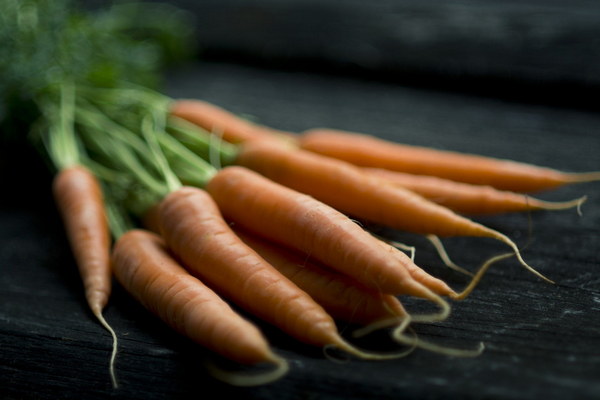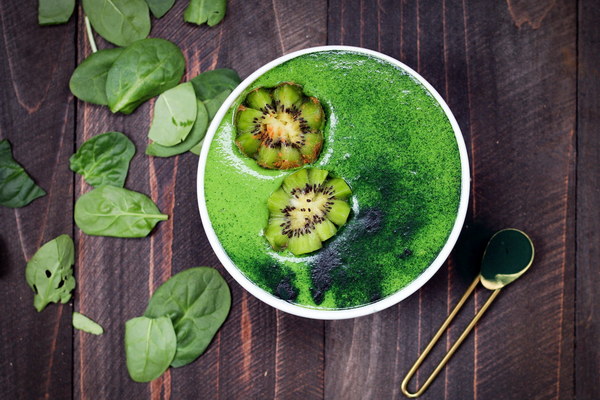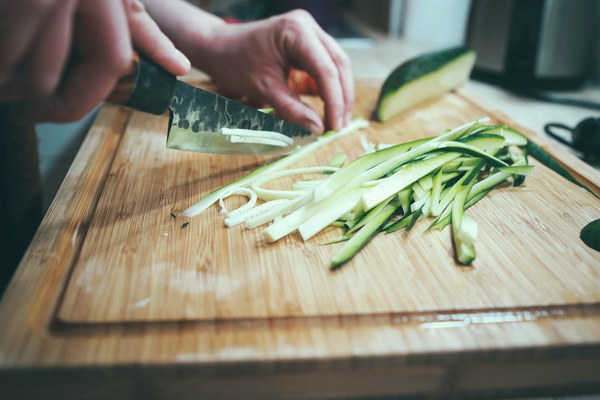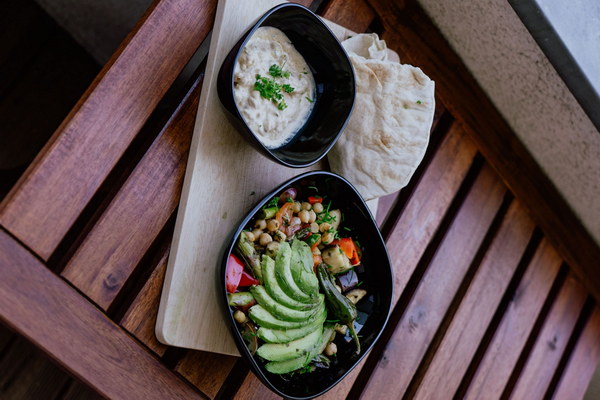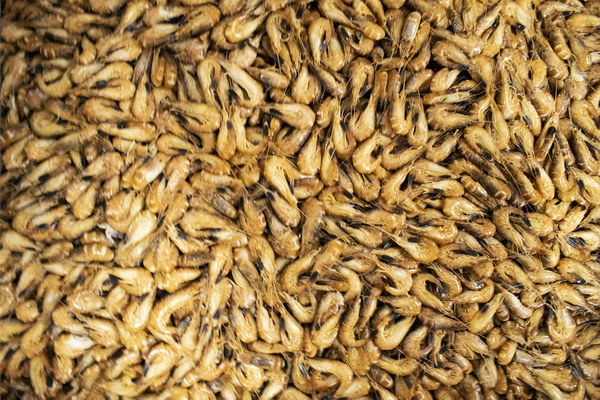Nourishing Your Spleen and Stomach A Comprehensive Guide to Spleen and Stomach Qi Deficiency and Dietary Remedies
In traditional Chinese medicine (TCM), the spleen and stomach play a crucial role in the body’s overall health and well-being. They are responsible for transforming and transporting nutrients from the food we eat into energy, which sustains our bodies. When the spleen and stomach are not functioning optimally, it can lead to a condition known as spleen and stomach qi deficiency. This article will explore the symptoms of spleen and stomach qi deficiency and provide a comprehensive guide to using dietary remedies to nourish and strengthen these vital organs.

Spleen and stomach qi deficiency can manifest in various ways, including fatigue, weakness, bloating, and digestion issues. The following are some common symptoms:
1. Chronic fatigue: Feeling tired or exhausted, even after adequate rest.
2. Weakness: Lack of energy or strength, making it difficult to perform daily tasks.
3. Bloating and gas: Feeling full or bloated after eating, along with excessive gas.
4. Digestive issues: Nausea, vomiting, diarrhea, or constipation.
5. Pale complexion: Having a pale or yellowish complexion due to poor nutrient absorption.
6. Poor appetite: Lack of interest in eating or feeling full quickly after eating.
To address spleen and stomach qi deficiency, it is essential to adopt a diet that supports these organs. Here are some dietary remedies to consider:
1. Eat warm and easily digestible foods: Consuming warm, cooked foods that are easy to digest can help improve spleen and stomach function. Avoid cold, raw, and difficult-to-digest foods, such as ice cream, salads, and fried foods.
2. Incorporate spleen-nourishing foods: Foods rich in vitamins, minerals, and other nutrients can help nourish the spleen and stomach. Some examples include:
- White rice: Easy to digest and provides energy.
- Quinoa: High in protein and fiber, which can aid digestion.
- Oatmeal: Rich in fiber, which helps regulate digestion.
- Sweet potatoes: A starchy vegetable that is easy to digest and provides energy.
- Apples: High in fiber and vitamin C, which can improve digestion.
3. Use spices that support spleen and stomach function: Spices such as ginger, cinnamon, and cardamom can help stimulate digestion and improve spleen and stomach function. Adding these spices to your meals can provide additional benefits.
4. Consume probiotics: Probiotics are beneficial bacteria that can help maintain a healthy gut flora. Foods rich in probiotics include yogurt, kefir, sauerkraut, and kimchi.
5. Avoid spleen and stomach-damaging foods: Some foods can exacerbate spleen and stomach qi deficiency. These include:
- Cold, raw, and difficult-to-digest foods.
- Excessive sugar and refined carbohydrates.
- Highly processed foods.
- Foods that cause allergic reactions or sensitivities.
6. Drink herbal teas: Certain herbal teas can help support spleen and stomach function. Some popular options include:
- Peppermint tea: Helps relieve bloating and gas.
- Ginger tea: Improves digestion and reduces inflammation.
- Licorice root tea: Helps balance the body's hormones and improve energy levels.
In addition to dietary remedies, it is essential to adopt a healthy lifestyle to support spleen and stomach function. This includes:
1. Regular exercise: Physical activity can help improve blood circulation and digestion.
2. Adequate sleep: Getting enough rest is crucial for maintaining a healthy spleen and stomach.
3. Stress management: Chronic stress can impair the function of the spleen and stomach. Practices such as meditation, yoga, and deep breathing exercises can help manage stress levels.
By following these dietary and lifestyle recommendations, you can help nourish your spleen and stomach, alleviate the symptoms of spleen and stomach qi deficiency, and improve your overall health and well-being. Always consult with a healthcare professional before making significant changes to your diet or lifestyle.
